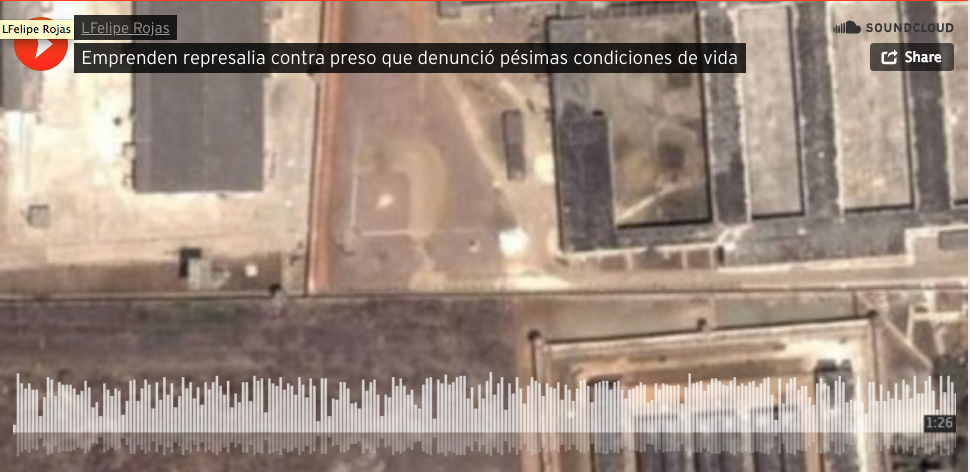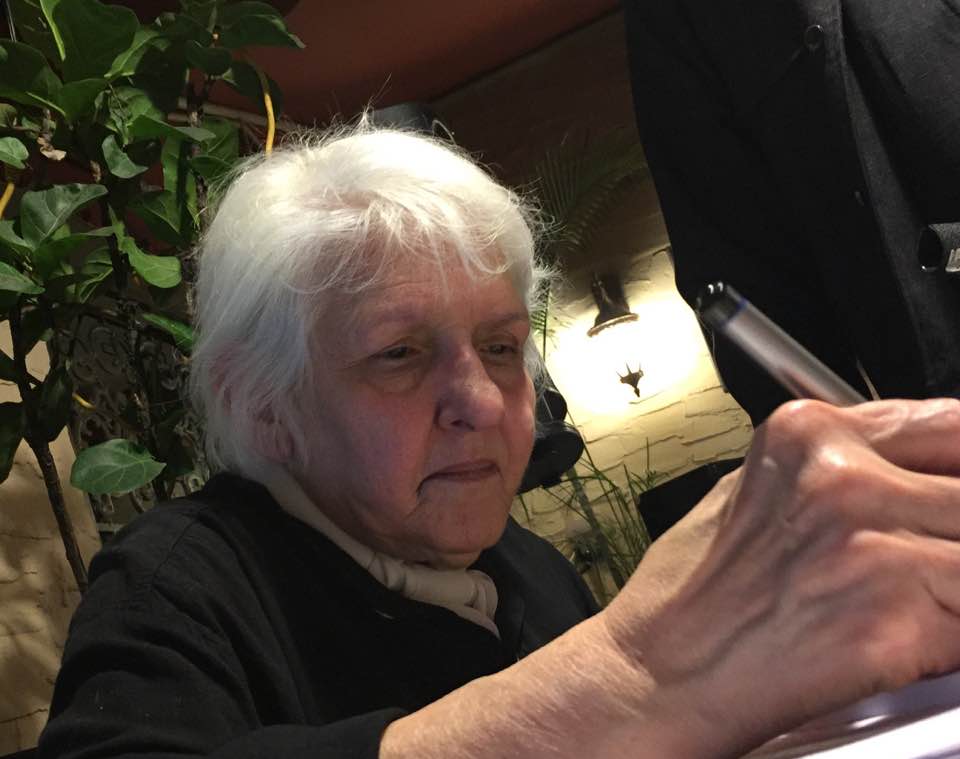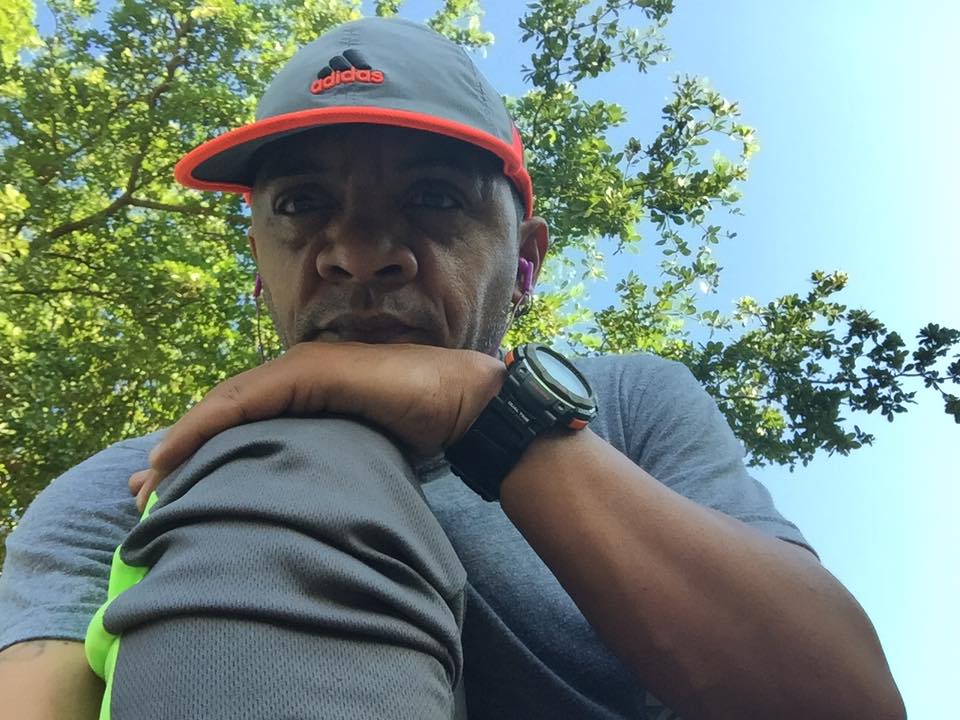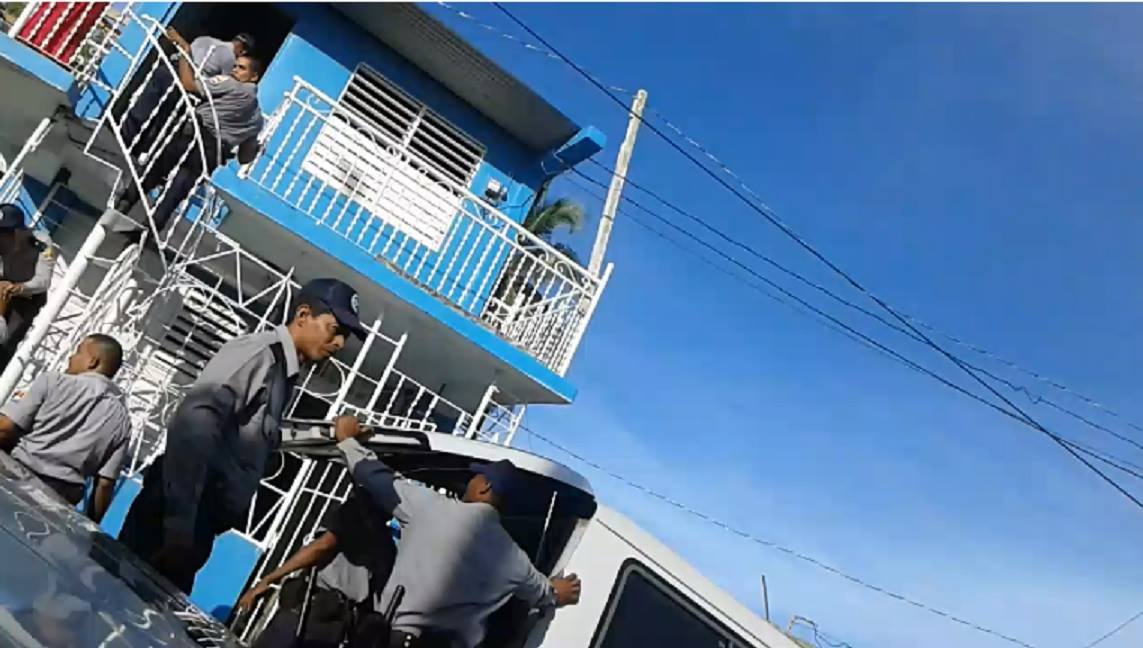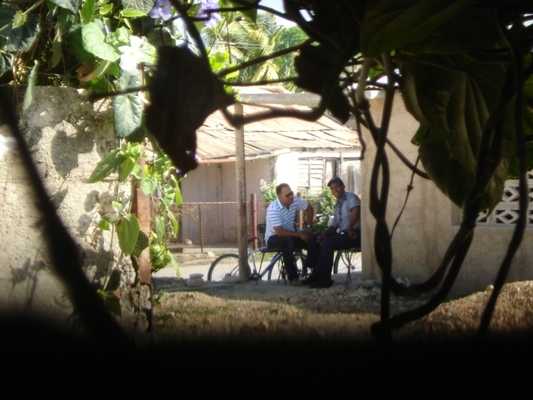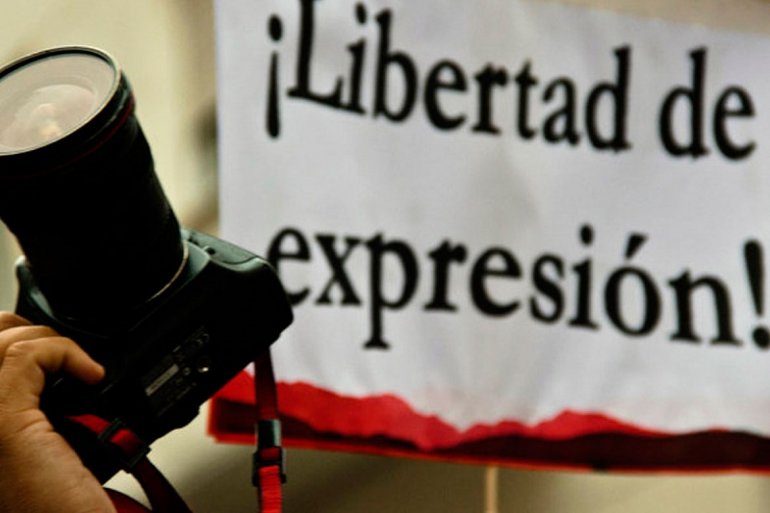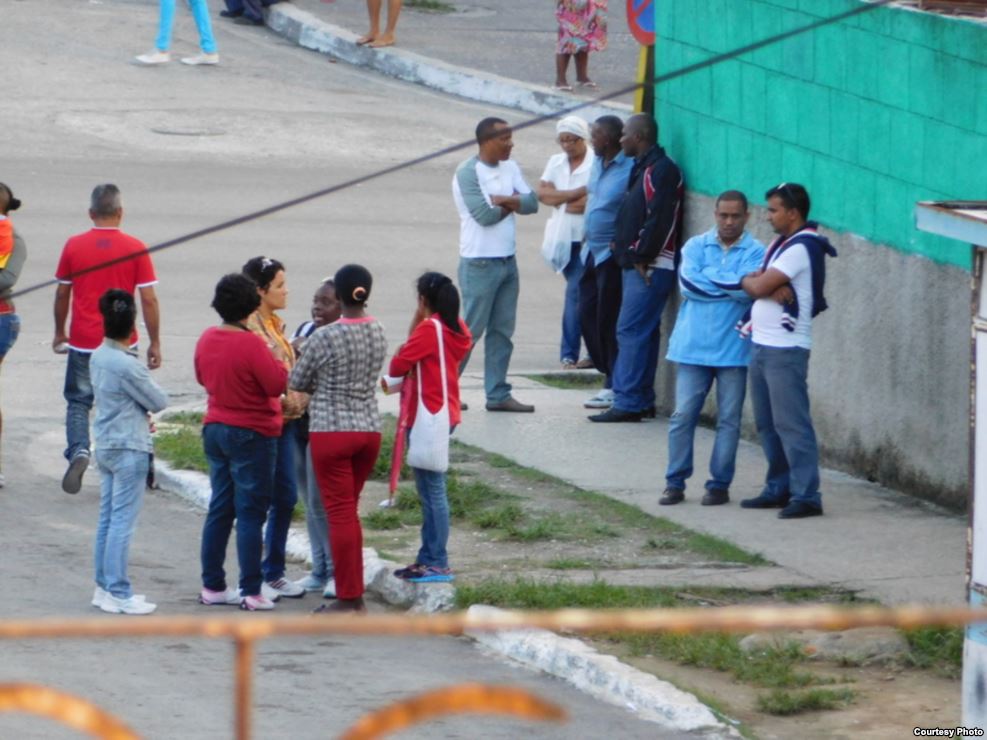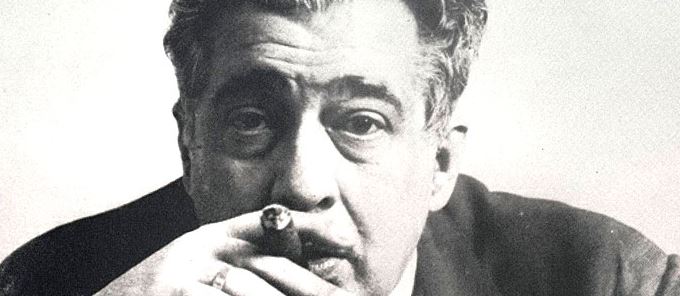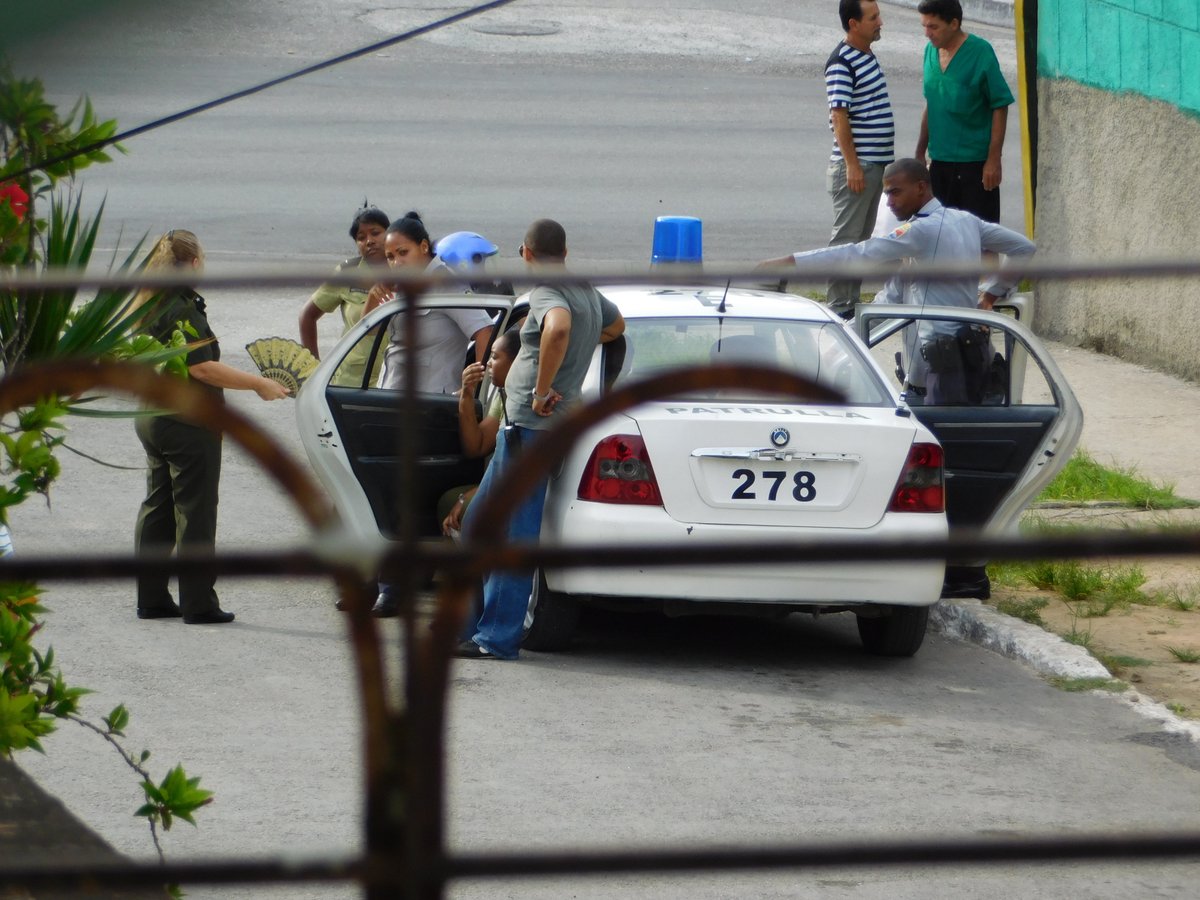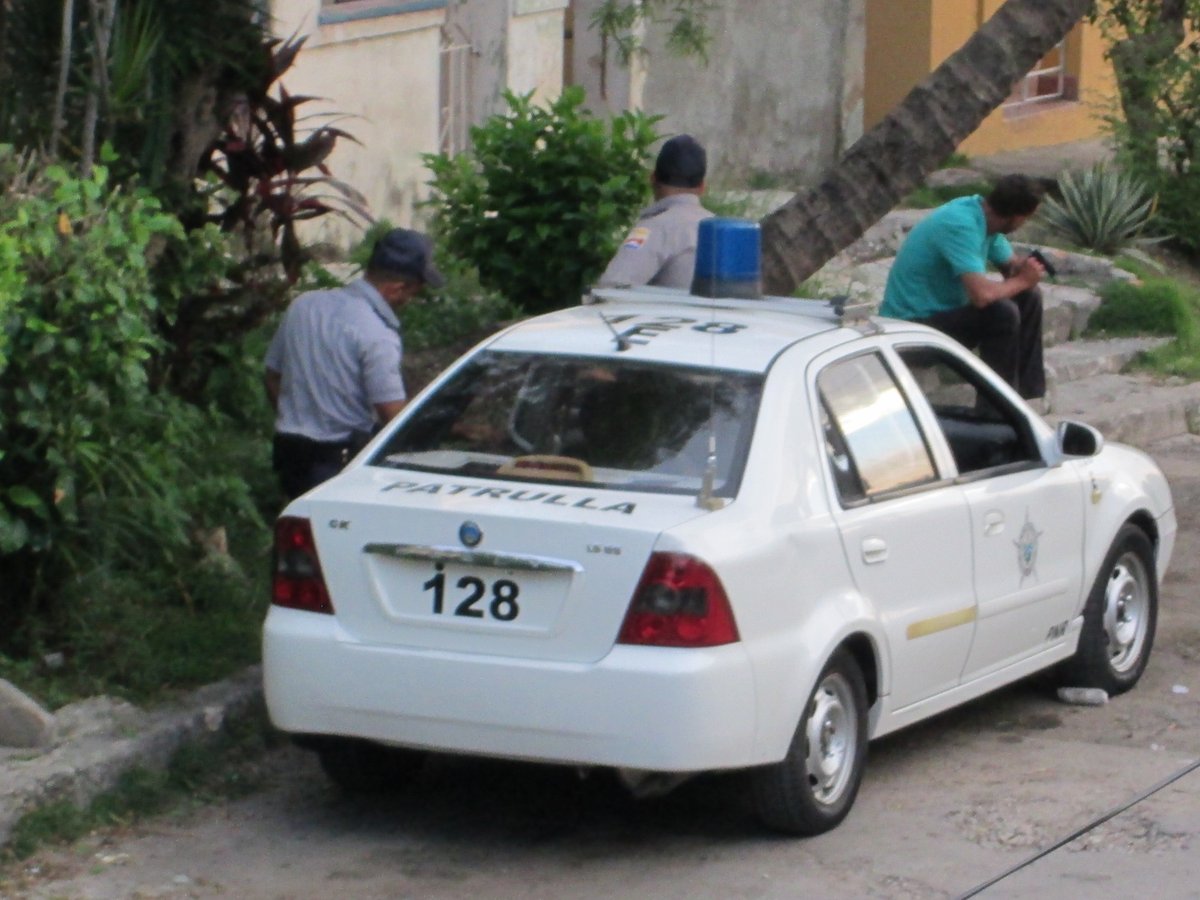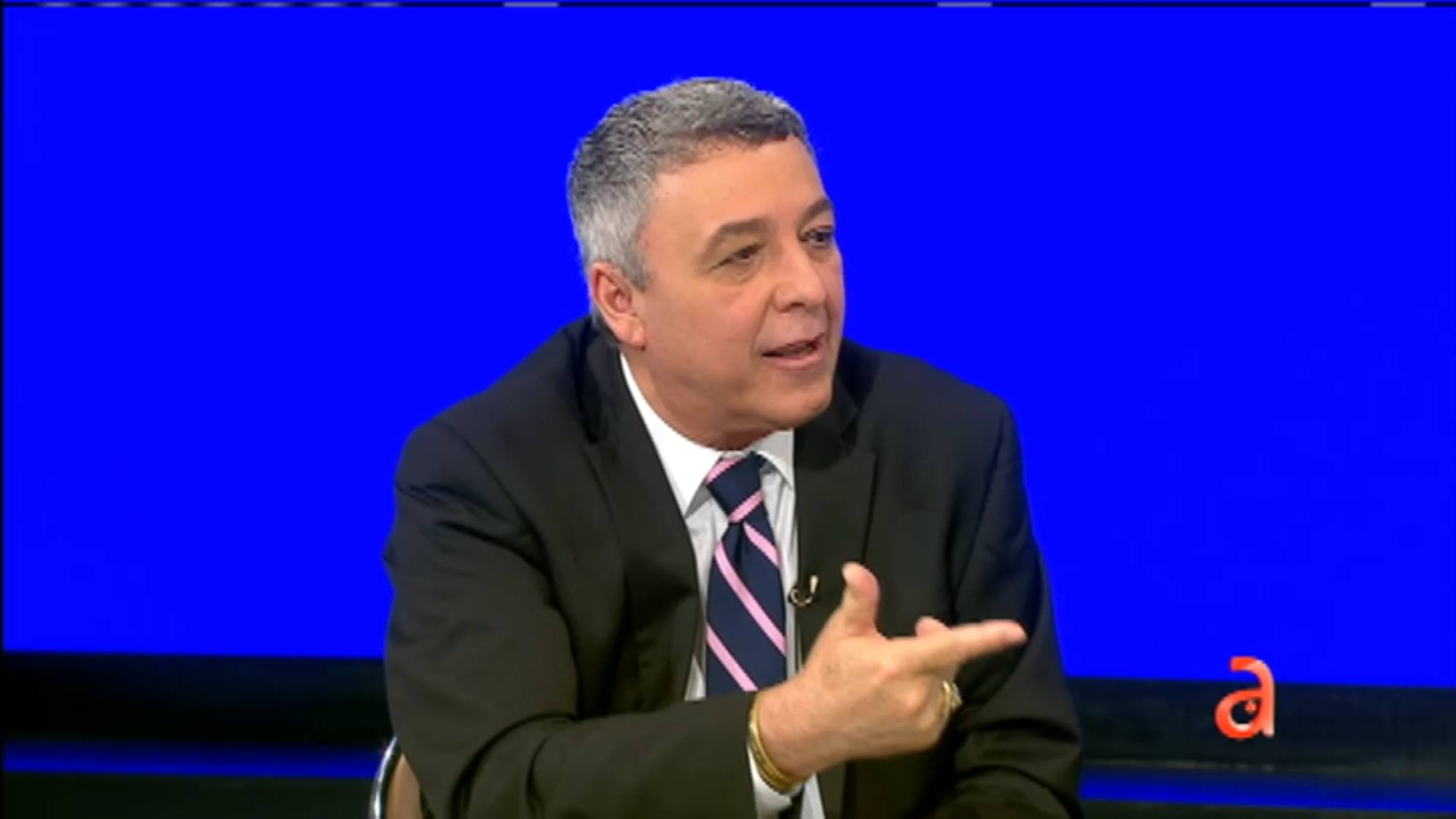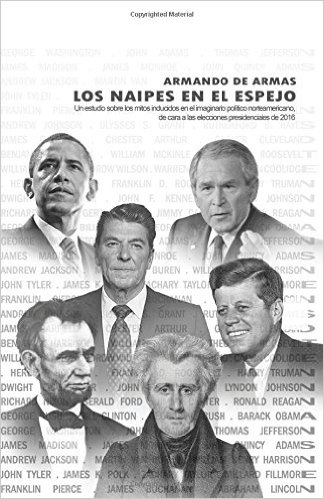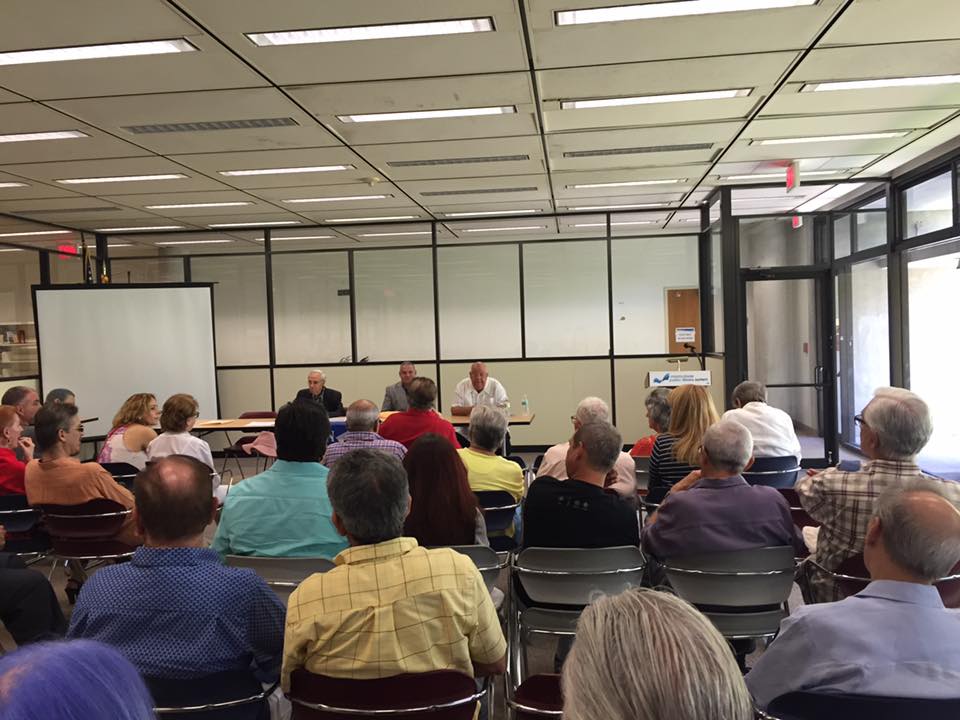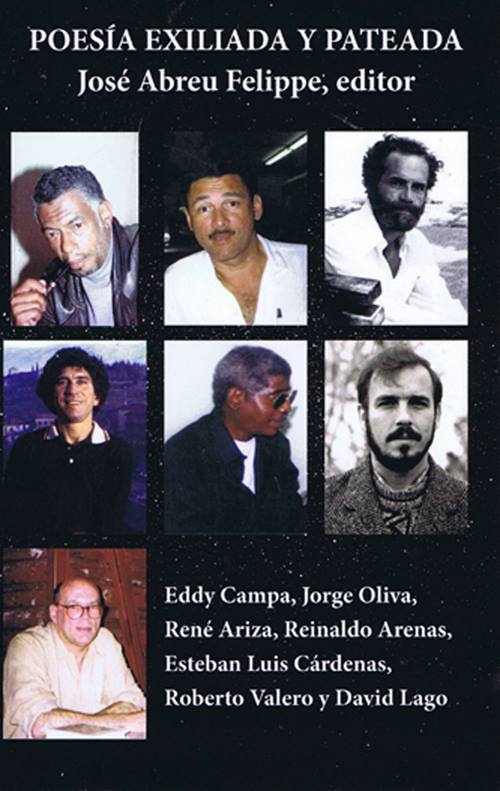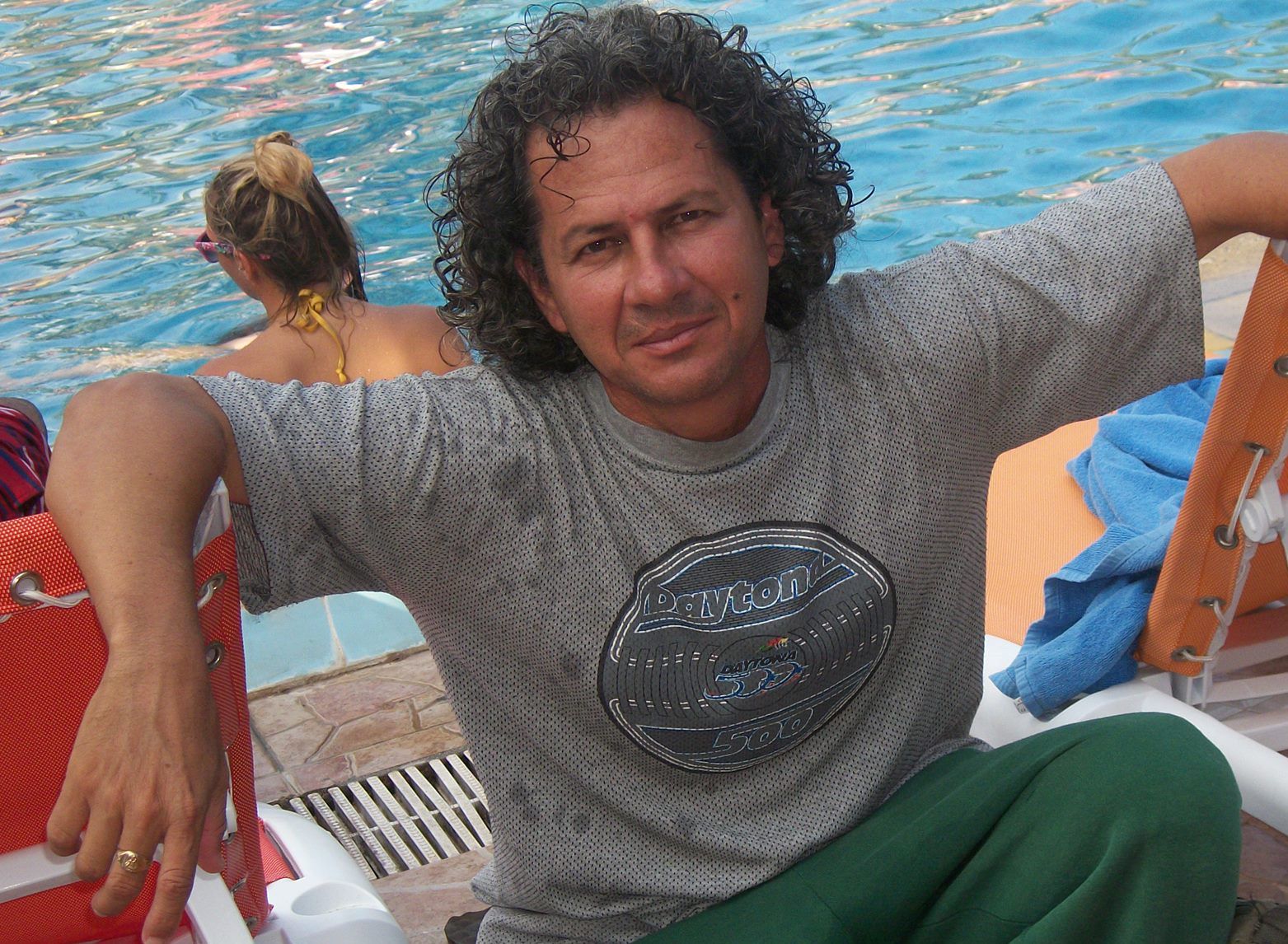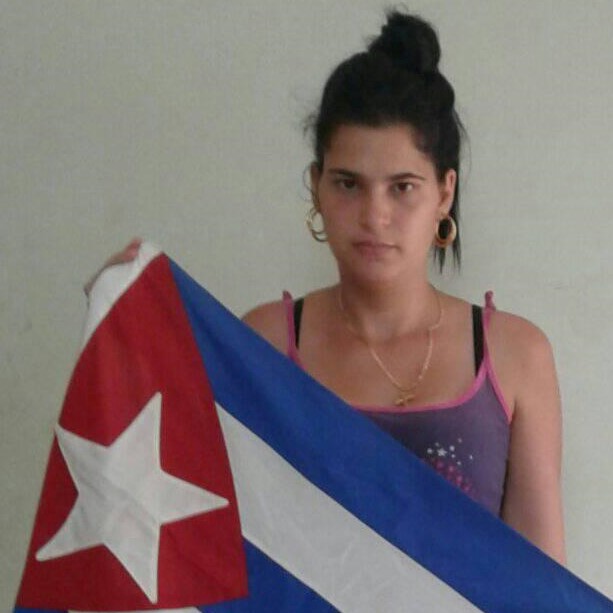
Luis Felipe Rojas, 28 December 2021 — The Cuban revolution does not mince words or believe in noble titles. On Monday, December 27, a court in Matanzas confirmed the sentence of 6 years in prison for Sissi Abascal Zamora, age 23, for the alleged crimes of “contempt, attack and public disorder.” Sissi was accused and imprisoned precisely by a woman, who has the rank of major in the Ministry of the Interior.
On July 11, 2021, the largest popular protests in 62 years of the Castro revolution took place across the island. A month after the ’11J’ protests, Sissi told me in an interview that, on the that day, she connected to her Facebook account and saw that the same things were happening in San Antonio de los Baños and Palma Soriano, in the eastern part of the country, and she did not want anyone to tell her the story about it later.
“My father, around three in the afternoon, was arrested and my mother, my sister and I were still in the demonstration. They hit my sister with a bottle on the head, where they had to give her stitches,” she said at the time from her town of Carlos Rojas, in the Matanzas municipality of Jovellanos.
For years I had interviewed her when, every Sunday, she marched as a member of the Ladies in White movement or in the activities of the “Pedro Luis Boitel” Party for Democracy, for which she was frequently detained or beaten by police forces.
Before entering the court and turning herself in to the authorities, Sissi posted photos of the police operation around the institution. In a previous post that morning, she wrote with all the bravery in the world: “Today, December 27, at 9:00 AM, the appeal of my sentence will be held in the provincial court of the municipality of Jovellanos. I was sentenced to 6 years in prison for demonstrating on July 11. Freedom for all political prisoners. Long live Cuba Libre. Patria y Vida.”
After the events of ’11J’ (11 July) her father, Armando Abascal, went to prison and was later released. The prisoner of conscience Félix Navarro, president of the Pedro Luis Boitel Party for Democracy, still remains in jail.
Of that wave of arrests, human rights groups have reported hundreds of people detained (more than 600 have already been tried or are awaiting trial). There are teenagers, mothers of several minors, people well into the third age, artists, a Christian pastor, university students and even two Cuban citizens residing in the United States and Canada.
However, Havana is deaf and continues to be “populated with slogans,” as a song by the Cuban singer-songwriter Pedro Luis Ferrer says.
Sissi, perhaps an empress for human rights, does not make headlines in the mainstream media. The feminist movements are not going to tear their clothes because a 23-year-old girl asks for the freedom of her country, a country whose government completely denies there is any popular discontent.

